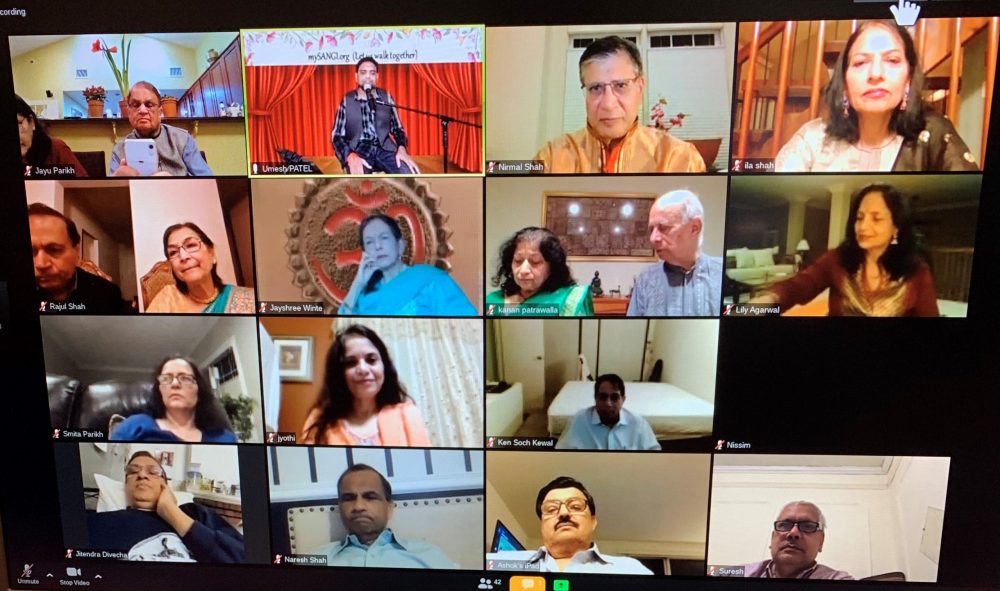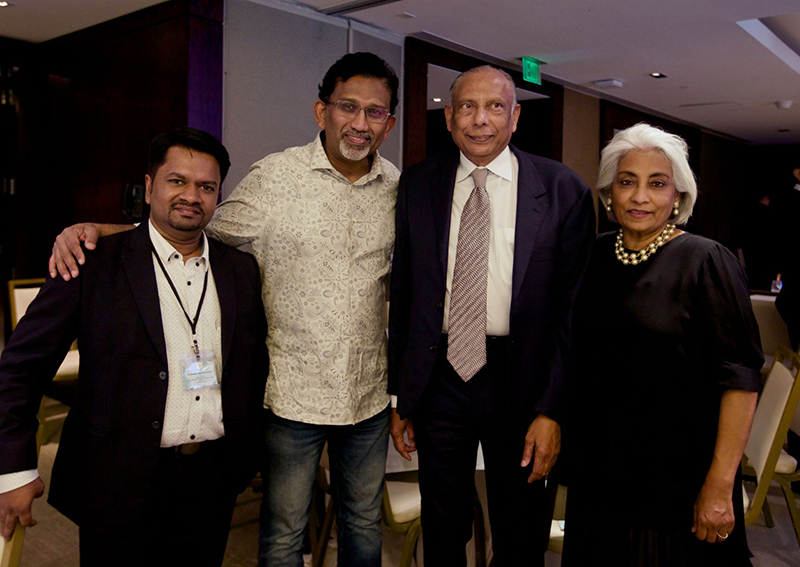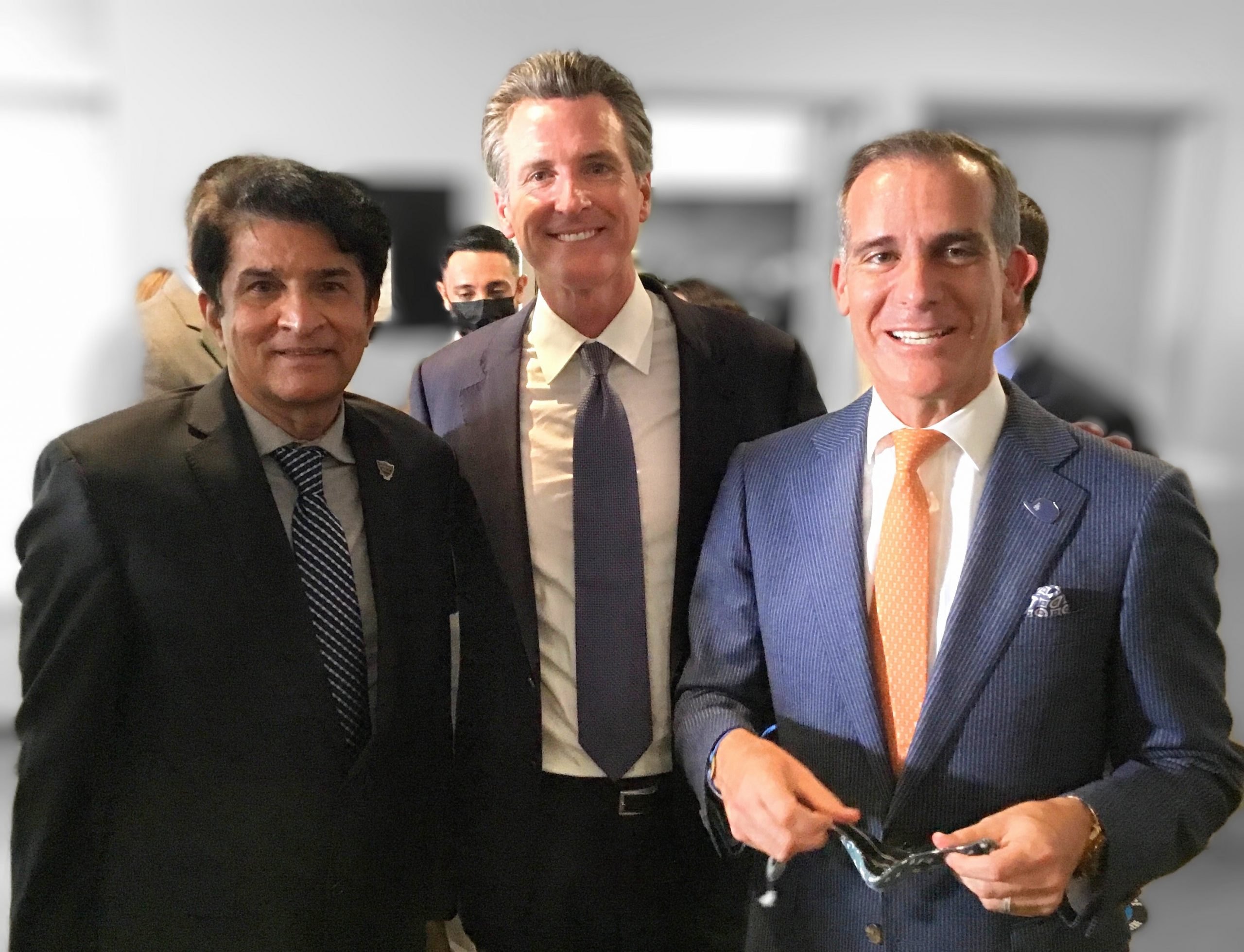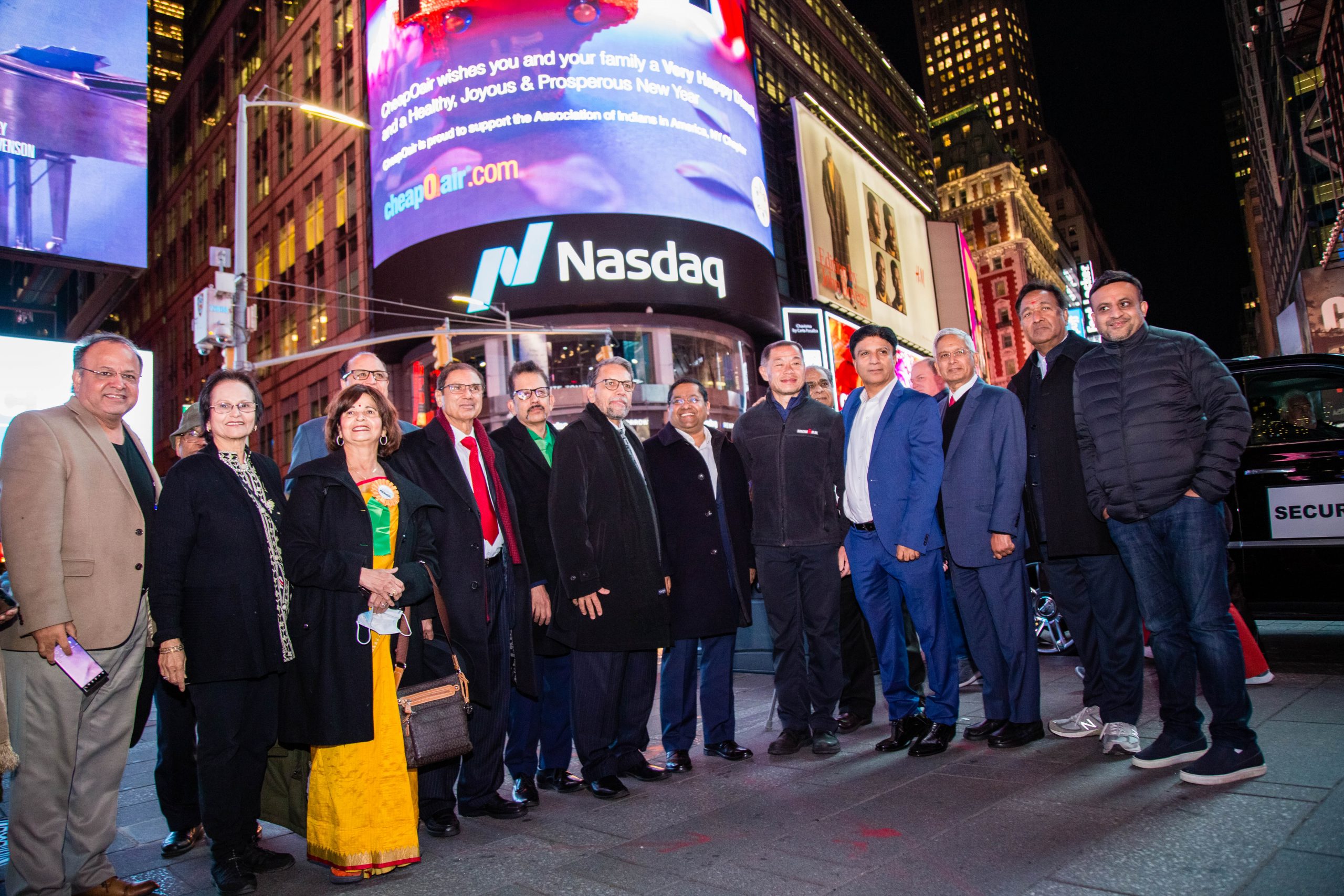Our Bureau
Newark, DE
For building a better platform for possible future bacterial vaccines, Kunjapur was awarded the winner of the 2024 BioInnovation Institute & Science Prize for Innovation. The prize seeks to reward scientists who deliver research at the intersection of the life sciences and entrepreneurship.
Biomolecular engineer Aditya Kunjapur and coworkers now have a strategy to create bacteria that build and incorporate a key amino acid into their own proteins, which makes the proteins more “visible” to the immune system.
“Dr. Kunjapur’s outstanding research demonstrates the potential to engineer live bacterial cells to produce and incorporate nitrated amino acids into antigenic proteins, thus shining a spotlight on these proteins for the human immune system,” said Michael Funk, senior editor at Science. “This work provides a platform for antigen engineering that is adaptable, specific, and amenable to safety controls.”
Vaccines against bacterial infections would likely decrease the need for antibiotic medicines, which in turn could stem the development of antibiotic resistance in some key drugs. Kunjapur, an assistant professor of chemical and biomolecular engineering at the University of Delaware, said bacterial vaccines will have an estimated global market size of $39.6 billion by 2030.
In his winning essay published in Science Magazine, Kunjapur writes that “our primary hypothesis is that engineering cells to access a broader chemical repertoire of building blocks can improve live bacterial vaccine efficacy.”
Kunjapur’s research team used E. coli as a proof-of-concept for their bioengineering strategy, but he said the strategy could work with other bacteria as well, including those that might be better at targeting certain pathogens or even tumor tissue.
“We could also continue to use E. coli as a platform vector that makes recombinant proteins that belong to other bacteria,” he said. “So you can pick your chassis or your protein delivery vehicle, but the proteins you choose to nitrate should determine what immune cells respond to.”
In his lab at the University of Delaware, Kunjapur and his students are also working on other bioengineering projects with environmental applications, including containment strategies “to prevent a genetically modified organism like bacteria from surviving where and when it shouldn’t.”
Kunjapur completed his graduation from University of Texas and did his doctorate from the Massachusetts Institute of Technology.


























